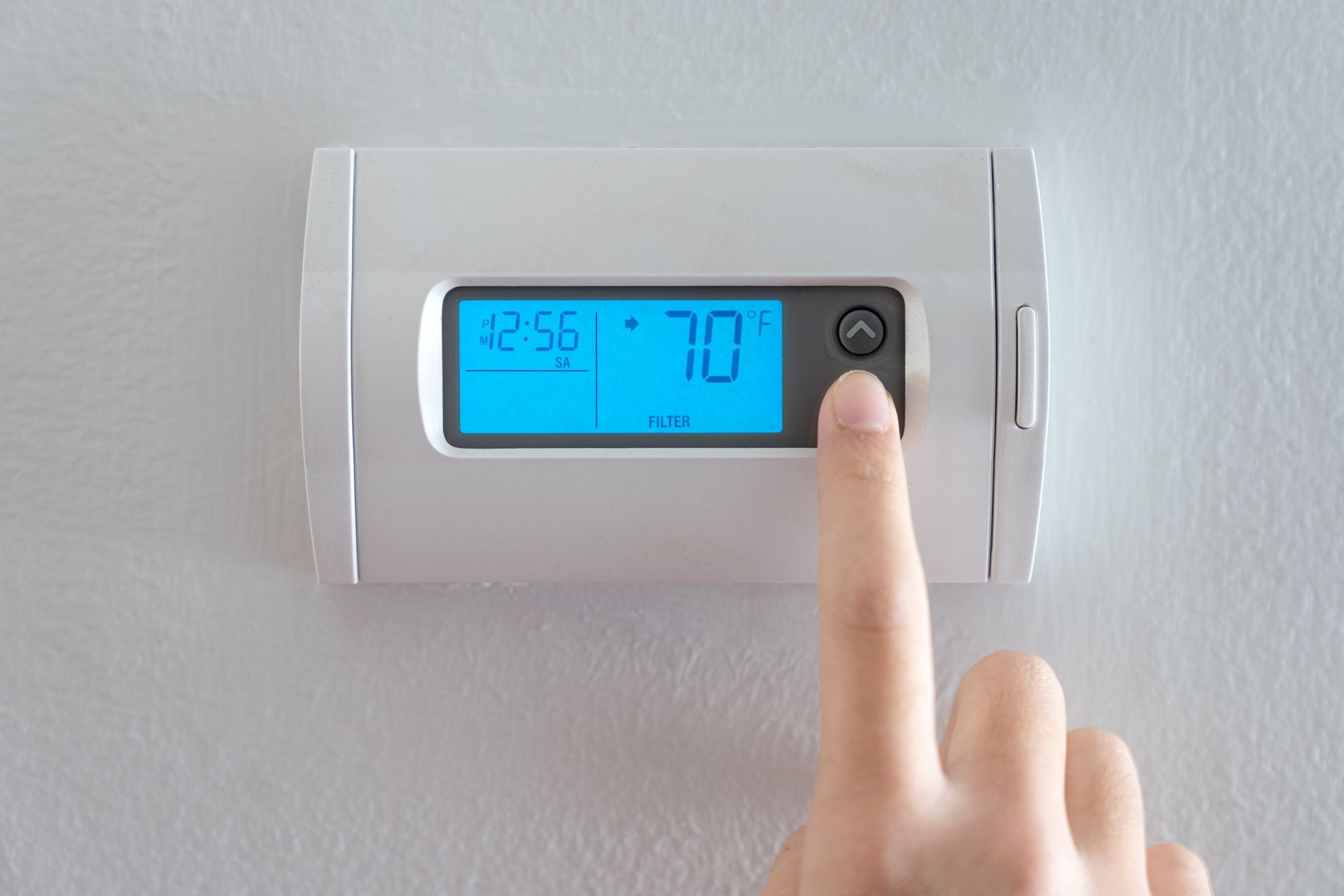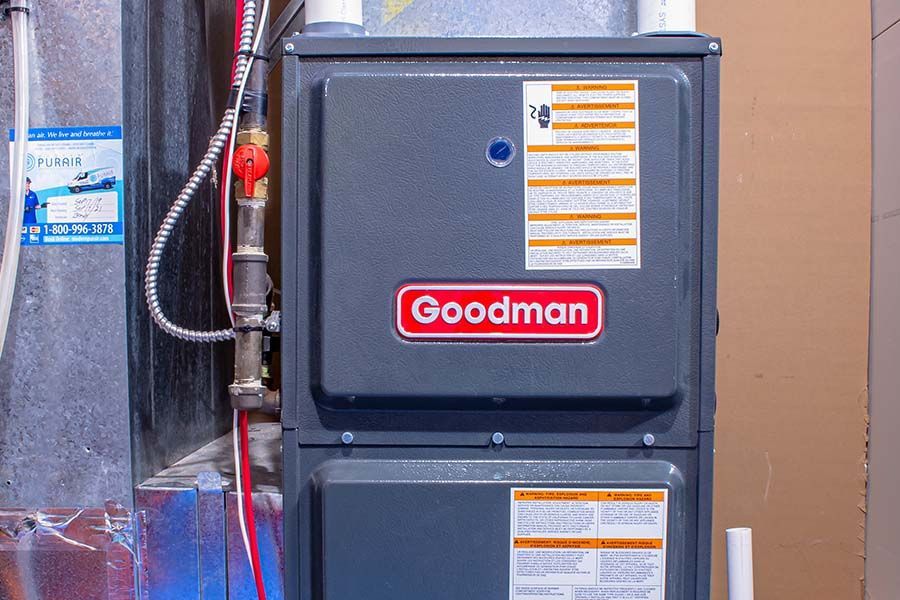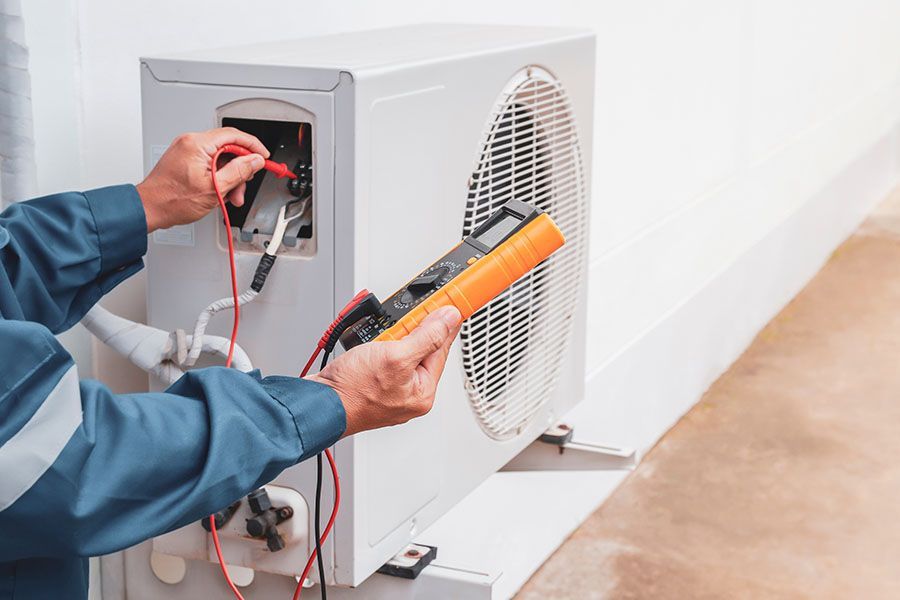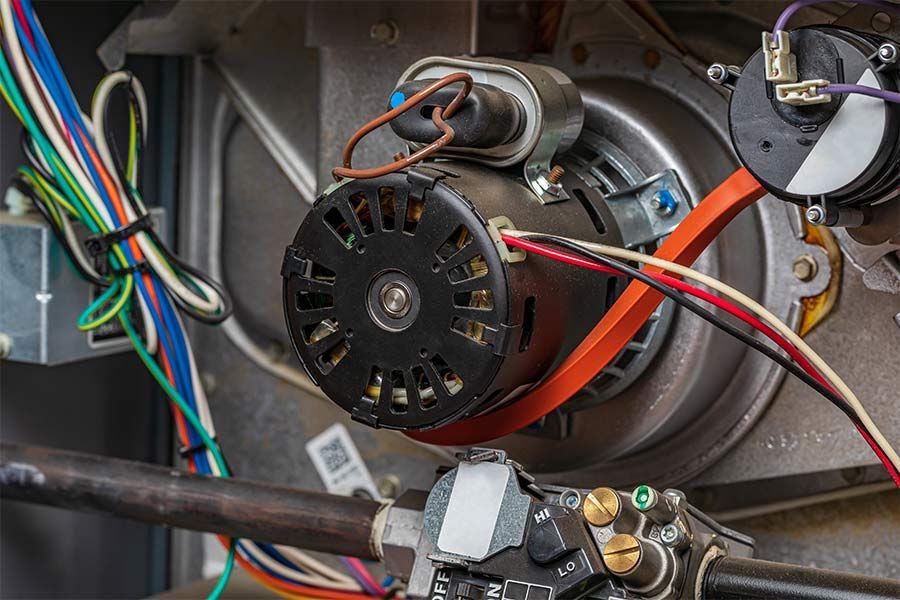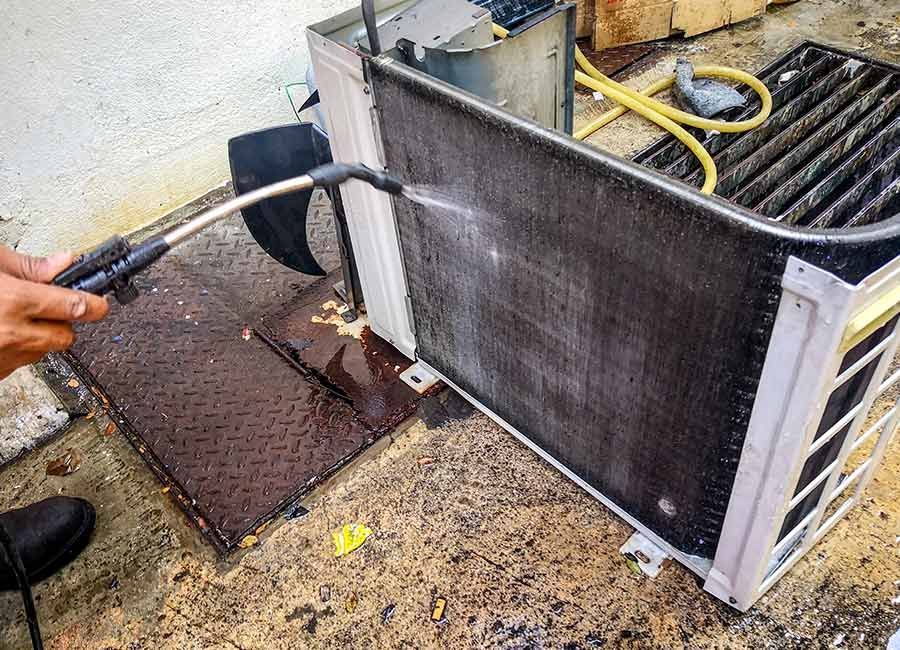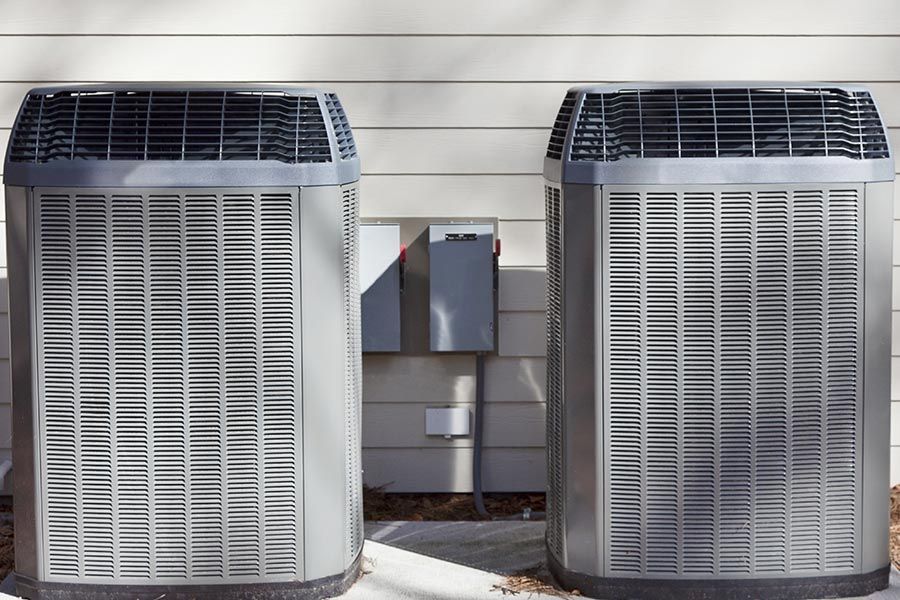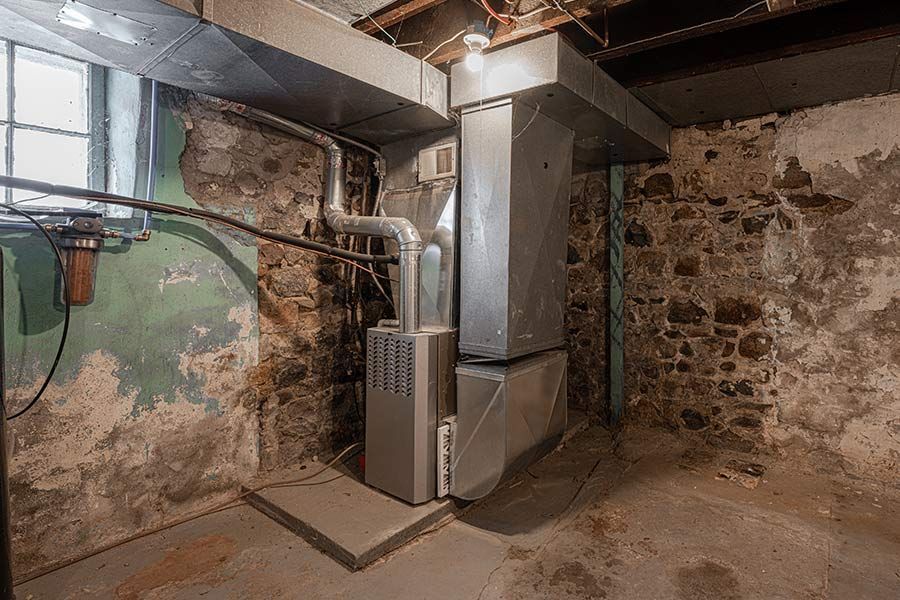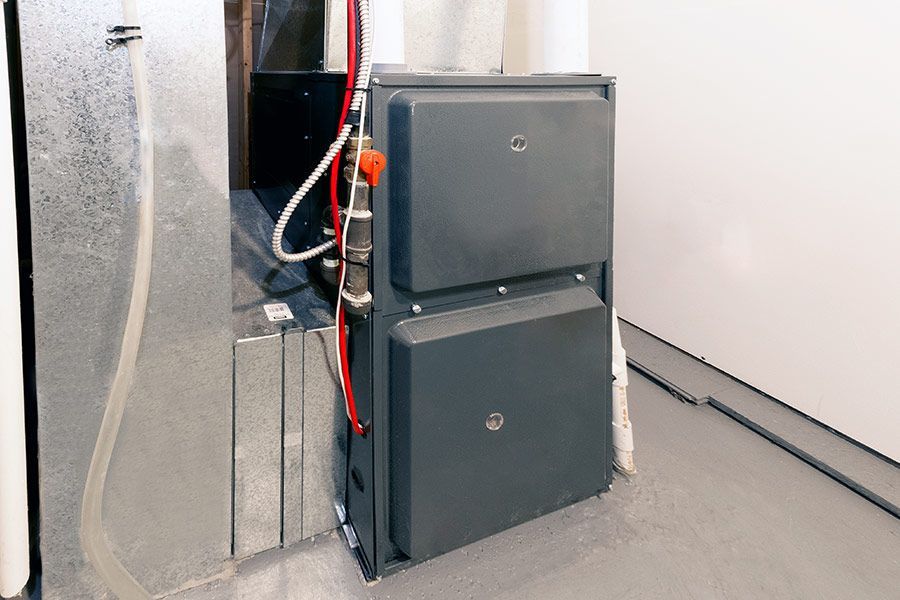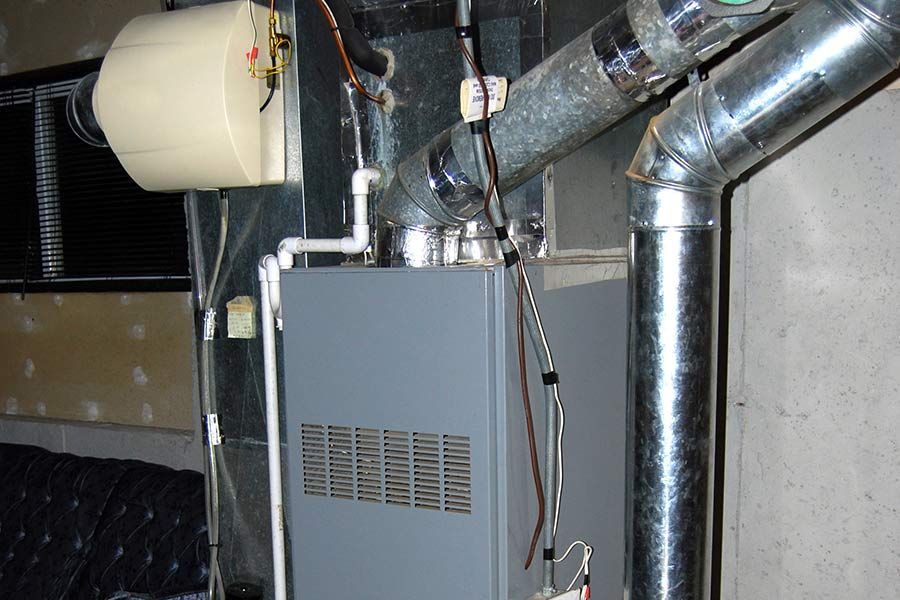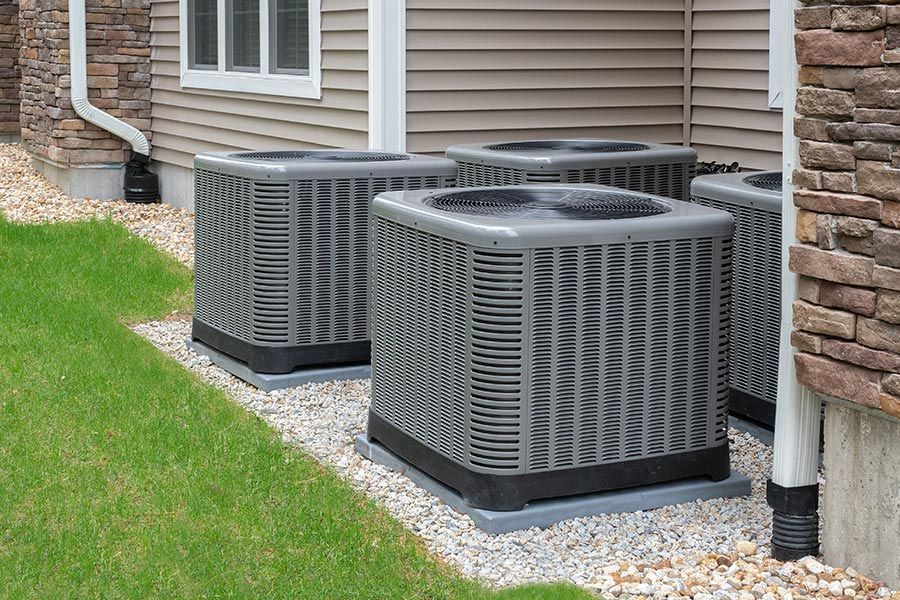8 Signs It’s Time for an AC Tune-Up
When was the last time you checked your AC unit? Recognizing the signs that your air conditioner needs a tune-up can prevent you from costly repairs down the road. Reduced airflow, unusual noises, strange odors, and frequent cycling indicate something is amiss. High humidity, increased energy bills, inconsistent cooling, and leakage or moisture around the unit are also red flags. Addressing these issues early on guarantees your AC runs efficiently, keeping your home comfortable. Curious to know more about each of these signs and what they could mean for your system?
Premier Systems is here to help with expert guidance and reliable solutions for all your air conditioning needs.
REDUCED AIRFLOW
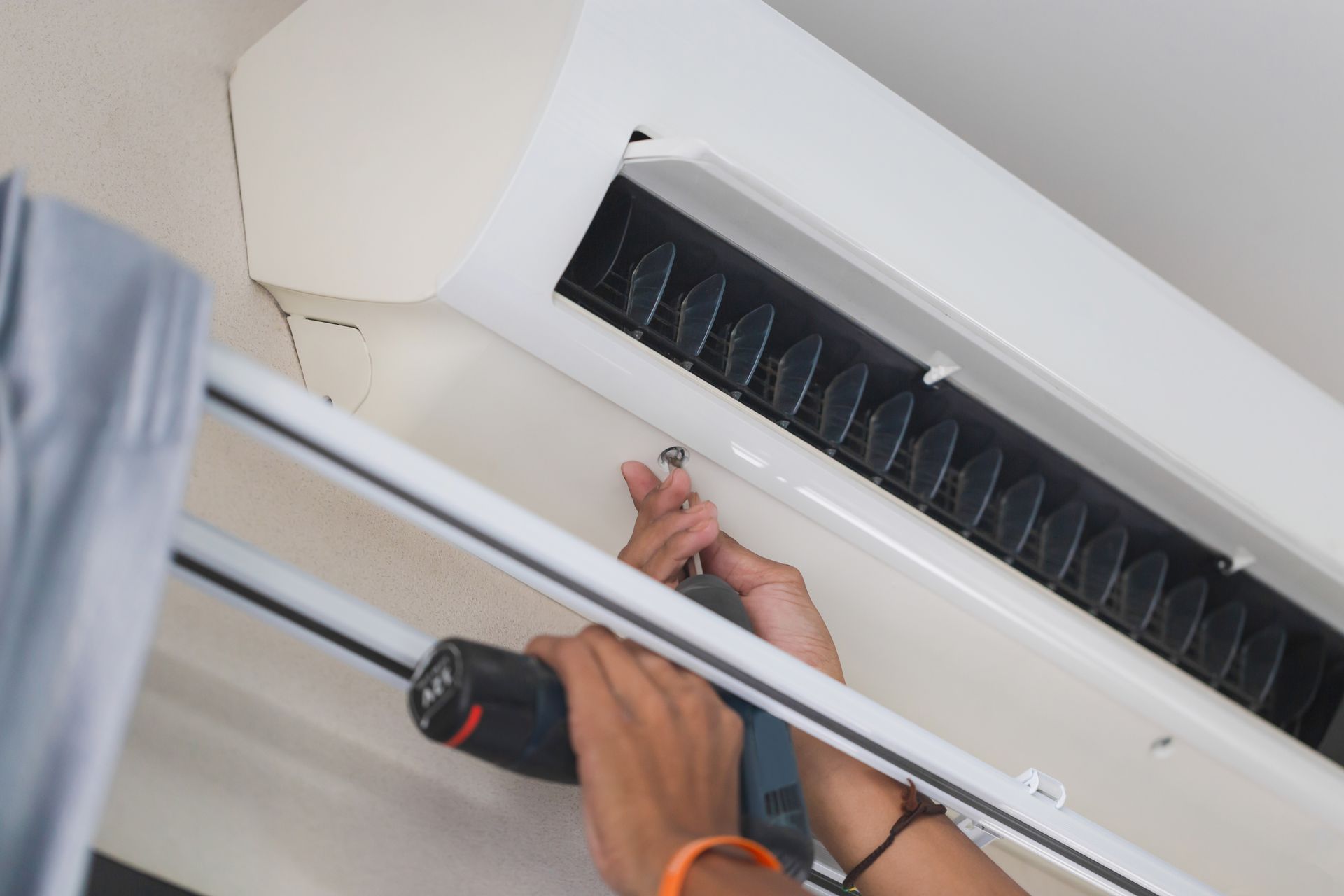
If you’ve noticed that the airflow from your AC vents is weaker than usual, it’s a clear sign that your system needs a tune-up. Reduced airflow can often be traced back to dirty filters and blocked ducts, common issues quickly addressed with regular AC maintenance. Dirty filters restrict the air that can pass through, forcing your system to work harder and less efficiently, leading to higher energy bills and decreased comfort in your home.
Blocked ducts are another significant cause of reduced airflow. Over time, dust, debris, and even small objects can accumulate in your ductwork, obstructing air passage. When this happens, the cool air your AC produces can’t circulate properly, causing some rooms to feel warmer than others. Regular AC cleaning is essential and inspecting of your ducts can prevent these blockages, ensuring your system operates smoothly and efficiently.
UNUSUAL NOISES
Hearing strange noises like grinding, banging, or squealing from your AC unit strongly indicates that it needs a tune-up. These sounds often signal underlying issues that could lead to more significant problems if not addressed. Grinding noises typically suggest worn bearings within the motor, which can cause the unit to function inefficiently and potentially lead to motor failure.
When you hear banging, it’s often because of loose components within the system, which can become dislodged and create further damage if not promptly secured. Squealing noises, on the other hand, frequently point to issues with the fan belt or motor bearings, both of which are vital for the smooth operation of your AC unit. By addressing these problems early through AC Repair, you can avoid more costly repairs down the line and ensure that your AC continues to operate effectively.
Regular maintenance, including checking for worn bearings and securing any loose components, is important for the longevity of your AC system. Taking the time to listen to your AC unit and respond to unusual noises can help maintain a comfortable environment for those you serve.
STRANGE ODORS
Noticing strange odors from your AC unit is another clear sign that it might be time for a tune-up. Musty or foul smells often indicate mold growth inside the system. Mold can develop in the damp, dark areas of the AC unit, particularly if the condensate drain is clogged or the filters are dirty. This affects the indoor air quality of your home and poses health risks to you and your family.
Dirty filters can also cause unpleasant odors. Over time, filters trap dust, debris, and other pollutants, which can start to emit a stale or musty smell if not replaced regularly. Dirty filters also reduce the efficiency of your AC system, making it work harder to cool your home and leading to higher energy bills.
If you notice any unusual odors, it’s crucial to act promptly. Scheduling a professional tune-up can help identify and resolve these issues by cleaning or replacing dirty filters, inspecting for mold growth, and ensuring the entire system functions at its best. By addressing these concerns, you’re improving your AC's performance and safeguarding the health of those you serve.
FREQUENT CYCLING
Have you observed your AC unit turning on and off more frequently than usual? This frequent cycling could indicate underlying issues that need prompt attention. One common cause is thermostat issues. If your thermostat isn’t accurately reading the temperature in your home, it can cause the AC unit to cycle on and off irregularly. This can be particularly problematic if the thermostat is in a location that doesn’t reflect the average temperature of your living space, such as near a window or in direct sunlight.
Another potential culprit is dirty filters. Over time, filters can become clogged with dust, dirt, and debris, restricting airflow and forcing your AC unit to work harder than necessary. This can lead to the system's short cycling as it struggles to maintain the desired temperature. Regularly checking and replacing filters is essential to prevent this issue.
HIGH HUMIDITY
Experiencing high humidity levels in your home indicates that your AC may need a tune-up. When your air conditioner is functioning correctly, it not only cools the air but also eliminates excess moisture, maintaining a comfortable and healthy environment. High humidity can lead to a sticky environment, making your home feel warmer than it is and causing discomfort for everyone inside.
One critical issue that arises from heightened humidity is mold growth. Mold thrives in moist conditions and can spread rapidly if not addressed. This compromises the air quality and poses serious health risks, especially for those with allergies or respiratory conditions. Ensuring your AC is in top shape can help prevent these issues by effectively managing indoor humidity levels.
Furthermore, a properly tuned AC system can improve the overall comfort of your home by maintaining balanced humidity levels. If you notice persistent dampness, condensation on windows, or a general feeling of stickiness, it’s time to schedule a professional AC tune-up. Regular maintenance can help you avoid the adverse effects of high humidity, ensuring a safe and comfortable living environment for everyone.
INCREASED ENERGY BILLS
If your energy bills are suddenly skyrocketing, it might indicate that your AC needs a tune-up. One common issue could be dirty filters, which force your system to work harder than necessary, consuming more electricity. By regularly checking and replacing these filters, you can ensure that your AC operates efficiently, keeping your energy costs in check.
Another potential culprit is a faulty thermostat. If your thermostat isn’t accurately reading the temperature, it could cause the AC to run longer than needed, further increasing your energy consumption. Inspect your thermostat or consider upgrading to a programmable model that can better manage your cooling needs.
Regular maintenance also helps to identify and fix other less obvious issues, such as leaks or worn-out parts, that can contribute to inefficiencies. By addressing these problems promptly, you not only save on your energy bills but also extend the lifespan of your AC unit, ensuring it serves you well for years.
INCONSISTENT COOLING
Does your AC struggle to maintain a consistent temperature throughout your home? If so, you might be experiencing temperature fluctuations that indicate it’s time for a tune-up. When your air conditioning system is functioning at its best, it should cool every room evenly. Yet, if you notice room hotspots, it’s a sign that something’s amiss.
Inconsistent cooling can result from several issues, such as dirty filters, blocked vents, or a malfunctioning thermostat. These problems prevent the system from distributing air evenly, leading to uneven temperatures. A tune-up can address these issues by ensuring that filters are clean, vents are clear, and the thermostat is calibrated correctly.
Additionally, if your unit is older, the wear and tear on its components can cause inefficiencies. Regular maintenance can help identify parts that need replacing before they fail. By addressing these problems early, you can avoid more significant issues down the line, ensuring that your AC provides consistent cooling throughout your home.
LEAKAGE OR MOISTURE
Do you notice any unusual leakage or moisture around your AC unit? If so, it strongly indicates that your air conditioning system needs immediate attention. Excess moisture can lead to severe issues like water damage and mold growth, compromising your unit's efficiency and your household's health. Understanding the root causes of these problems helps identify the right solutions.
Here are some common reasons you might notice leakage or moisture around your AC unit:
- Clogged Drain Line: When the drain line gets blocked, water can back up and leak around the unit.
- Low Refrigerant Levels or Refrigerant Leaks: These can cause the evaporator coil to freeze, leading to water overflow as it melts.
- Damaged Condensate Pump: A faulty pump can fail to remove moisture properly, resulting in leakage.
CONCLUSION
Just like a knight needs a well-maintained steed to conquer challenges, your AC unit requires regular tune-ups to perform at its best. Ignoring signs like reduced airflow, unusual noises, or increased energy bills can lead to bigger problems down the line. You'll guarantee your AC runs smoothly and efficiently by promptly addressing issues such as strange odors, frequent cycling, high humidity, inconsistent cooling, and leakage. Don’t wait for a breakdown—keep your AC in top shape with timely maintenance.
Frequently Asked Questions
How Often Should I Schedule Regular AC Maintenance?
You should schedule regular AC maintenance twice a year at a seasonal frequency. These maintenance intervals guarantee your AC runs efficiently and reliably, helping you serve others comfortably in any weather.
What Are the Benefits of an AC Tune-Up?
Why wouldn’t you want to save money and help others stay cool? An AC tune-up boosts energy efficiency, leading to significant cost savings. Plus, you’ll extend the unit’s life, ensuring reliable comfort for everyone.
Can a Tune-Up Improve My AC’s Lifespan?
Yes, a tune-up can improve your AC’s lifespan. Ensuring energy efficiency and warranty compliance, you help your AC run smoothly, reducing wear and tear. This way, you can continue serving others comfortably in a cooler environment.
What Should I Expect During a Professional AC Tune-Up?
You can expect a thorough inspection and detailed component cleaning during a professional AC tune-up. The technician will guarantee that your AC runs efficiently, extending its lifespan so you can better serve your family and guests.
Are There DIY Steps for Basic AC Maintenance?
You’ve got a million things to do, but basic AC maintenance isn’t hard! Clean the filter regularly and check the refrigerant levels. These small steps help guarantee your AC keeps everyone cool and comfortable.

